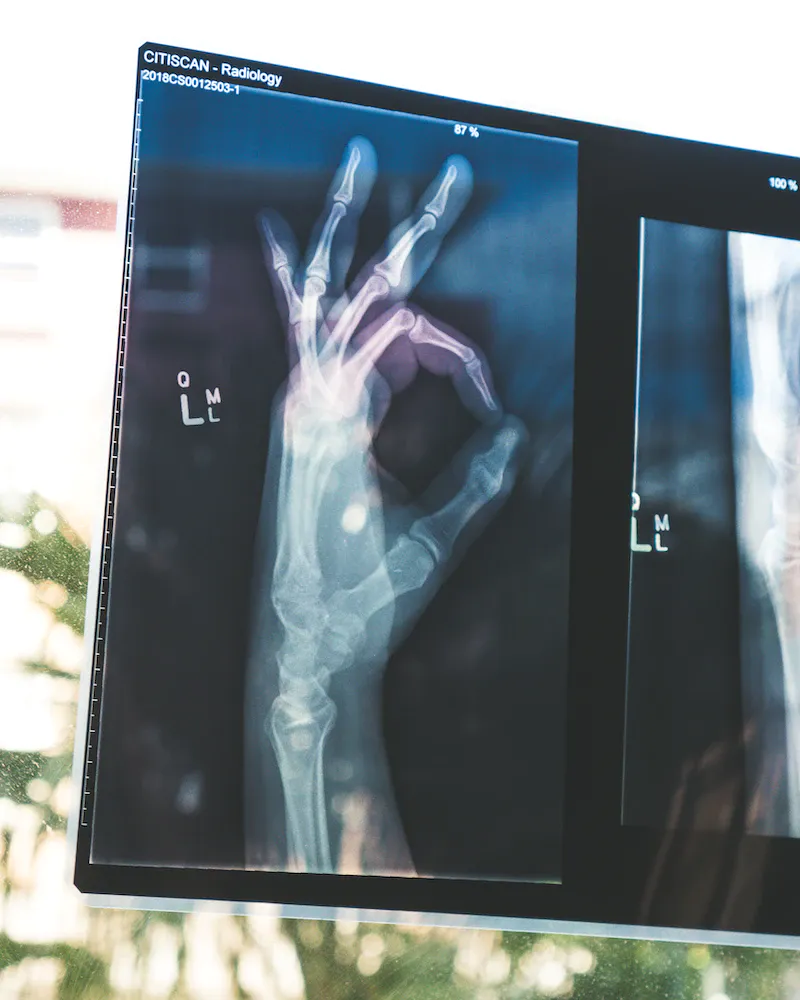Enabling Birth: Understanding the Science and Emotions Behind the Experience

Birth and sex share identical hormones and brain function
The relationship between hormones, brain function, and gender has long been a topic of debate. However, recent research suggests that biological sex and gender identity are not as straightforward as previously thought. One significant finding is that birth and sex share identical hormones and brain function.
Studies have shown that hormones such as testosterone and estrogen play a significant role in shaping brain development and behavior. These hormones are present in both male and female bodies, and their levels can vary throughout an individual’s life.
Moreover, researchers have found that the brain structures and functions of males and females are more similar than different. The brain areas responsible for language, emotion, and cognitive processing show no significant differences between the sexes.
This evidence suggests that the traditional binary model of gender, based solely on biological sex, is too simplistic. Rather, gender is a complex interplay of biological, social, and cultural factors. Understanding this complexity is essential for creating a more inclusive and accepting society that values the diversity of human experiences.
The overuse of technology in birth is creating problems.
In recent times, technology has been increasingly used during childbirth. The use of epidurals, pitocin, and cesarean sections have become the norm in many hospitals. Although these interventions can be necessary in certain situations, their overuse is becoming problematic. These interventions can disrupt the delicate balance of hormones in the body during labor and delivery, and may also lead to complications during and after birth.
The use of epidurals, for instance, has been linked to an increased risk of instrumental deliveries, longer labor times, and increased likelihood of needing a cesarean section. Similarly, the use of pitocin can lead to overly strong contractions that can cause fetal distress and a longer labor. Cesarean sections can also have negative effects on the mother’s and baby’s health, including an increased risk of infection, breathing problems, and breastfeeding difficulties.
Moreover, the increasing use of technology during childbirth can lead to a dehumanizing experience for women. The focus on the technology and the medical procedures can take away from the natural, normal process of birth. Women may feel less in control of their birth experience and less connected to their babies. The medicalization of birth can also lead to unnecessary interventions and procedures that may not have been needed if a more natural approach to birth had been taken.
It is important to acknowledge that medical interventions can be life-saving in certain situations. However, the overuse of technology in birth is becoming a concern for many healthcare professionals and women. A more balanced approach to childbirth, that prioritizes the natural process of birth, may lead to better outcomes for both mothers and babies.
Understanding the physiological process of birth can lead to better outcomes.
The speaker in the video explains that understanding the physiological process of birth is key to improving outcomes for mothers and babies. She points out that when we intervene too much with technology, we are disrupting the natural process of birth. This can lead to longer labors, more pain, and an increased risk of complications. By allowing birth to unfold as it should, we can minimize these risks and promote healthier outcomes for both mother and baby.
The speaker emphasizes the importance of supporting the mother’s body during birth, rather than trying to control the process with interventions. When the mother feels safe and supported, her body is better able to release the hormones that promote labor progress and pain relief. This can lead to a more positive birth experience and a faster recovery time for the mother.
Overall, the speaker’s message is that we need to trust in the power of the human body and the physiological process of birth. When we do this, we can create a more positive and healthy birth experience for everyone involved.
The use of doulas and supportive companions can significantly decrease the need for medical interventions.
Having a doula or a supportive companion during birth can make a significant difference in the outcome of the birth experience. Doulas are trained professionals who provide emotional, physical, and informational support to the mother before, during, and after childbirth. They help the mother to understand her options and make informed decisions about her birth plan.
Research has shown that having a doula present during labor can reduce the likelihood of a cesarean section, the need for pain medication, and the length of labor. Doulas can also improve the mother’s overall satisfaction with the birth experience, leading to better postpartum outcomes.
Having a supportive companion, such as a partner or a family member, can also make a significant difference in the birth experience. A supportive companion can provide emotional support and advocacy for the mother during labor and can help her to feel more comfortable and safe.
In summary, having a doula or a supportive companion during birth can provide many benefits, including a decrease in the need for medical interventions and an overall improvement in the birth experience. It is important to consider these options when planning for the birth of a child.
The current maternal mortality rate in the United States is a serious concern
The United States has one of the highest maternal mortality rates among developed countries, with around 700 women dying every year due to pregnancy-related complications. This is a serious concern and calls for immediate action to improve the quality of maternal care in the country. One of the reasons for this high mortality rate is the lack of access to adequate prenatal care, especially for low-income women and women of color. Additionally, medical interventions during birth, including cesarean sections, are often overused and can lead to complications that increase the risk of mortality. It is crucial for healthcare providers to prioritize patient safety and to provide comprehensive and culturally sensitive care to reduce maternal mortality rates.
Approaching Birth from an Emotional Perspective
Birth is not just a physical event, but an emotional and psychological one as well. The experience of giving birth can be impacted by a person’s mental and emotional state, as well as their physical health. It is important for birth professionals to approach birth from an emotional perspective, taking into account the person’s feelings and concerns.
Informed consent is an important aspect of emotional care during birth. This means that the person giving birth is fully informed about the procedures and interventions that may be used during labor and delivery, and is given the opportunity to consent or decline. When a person feels that they are in control and are able to make decisions about their own body, they are more likely to have a positive birth experience.
Support is another crucial component of emotional care during birth. Doulas, partners, family members, and friends can all provide emotional support during labor and delivery. Research has shown that having a doula or supportive companion can significantly decrease the need for medical interventions and increase the likelihood of a positive birth outcome.
By approaching birth from an emotional perspective, with a focus on informed consent and support, birth professionals can help to create a more positive and enabling birth experience for everyone involved.
Reinventing the Birth Plan: Focusing on Emotional Needs and Communication with Care Teams
The concept of a birth plan is not a new one, but it has traditionally focused on the medical aspects of birth, such as pain management and delivery preferences. However, as discussed in the video, birth should be approached from an emotional perspective as well. This means that a birth plan should also consider the mother’s emotional needs and desires for support during the birth process.
To achieve this, it is important for expectant mothers to communicate openly and honestly with their care team about their emotional needs and preferences. This may include discussing preferences for a calm and quiet environment, the presence of a supportive partner or doula, and clear communication throughout the birth process.
In addition, care providers should be trained to listen and respond to the emotional needs of expectant mothers. This includes providing emotional support and reassurance during the birth process, as well as respecting the mother’s preferences for how they want to experience the birth.
By reinventing the idea of a birth plan to focus on emotional needs and communication with care teams, expectant mothers can have a more positive and enabling birth experience.
Changing the future by changing the way we talk about women’s bodies and sexuality
The speaker in the video emphasized the importance of changing the narrative around women’s bodies and sexuality in order to improve the way we approach birth. She suggested that by shifting the conversation to focus on giving power and education, we can help women feel more in control of their bodies and their birth experiences. This includes teaching young people about their bodies from a young age, promoting sex education that is inclusive and comprehensive, and creating more positive cultural representations of women’s bodies and sexuality. By changing the way we talk about these issues, we can help to create a future where women are better informed, more confident, and more enabled to make decisions about their own health and wellbeing.
Conclusion
Birth is a complex and deeply personal experience that can have significant physical and emotional impacts on individuals and families. Despite the natural and physiological nature of birth, medical interventions have become the norm rather than the exception, leading to a range of issues for both mothers and babies. However, there is a growing movement to shift the focus back to the natural process of birth, with a greater emphasis on emotional support and informed consent.
Key takeaways from the discussion include the importance of understanding the role of hormones and brain function in birth, the risks of over-reliance on medical interventions, and the benefits of supportive care and the use of doulas. Additionally, the need for greater awareness of maternal mortality rates in the United States and a shift towards more emotional and supportive approaches to birth planning were highlighted.
Ultimately, the way we approach birth can have a significant impact on both physical and emotional outcomes for individuals and families. By prioritizing education, support, and informed consent, we can create a more positive and enabling experience for everyone involved. It’s time to change the conversation around birth and hug a more natural and holistic approach to this transformative life event.


